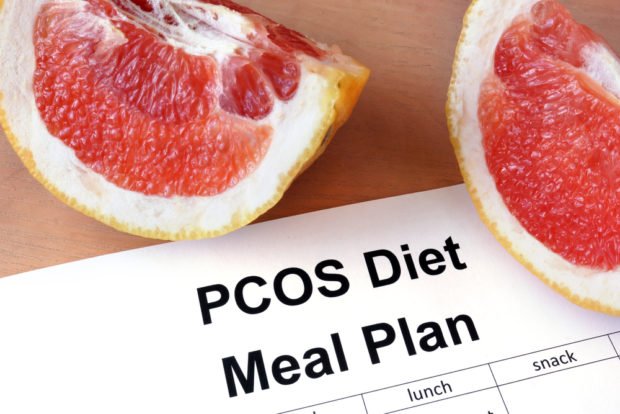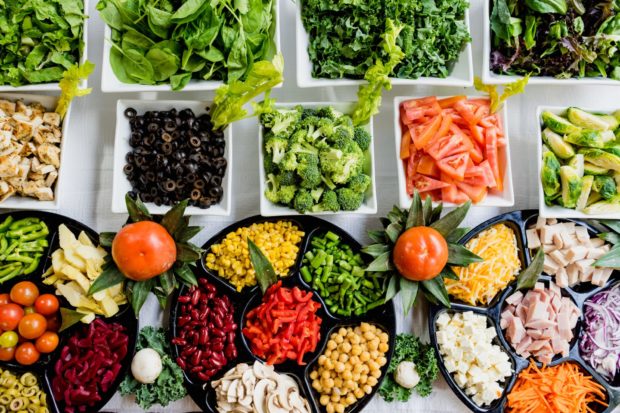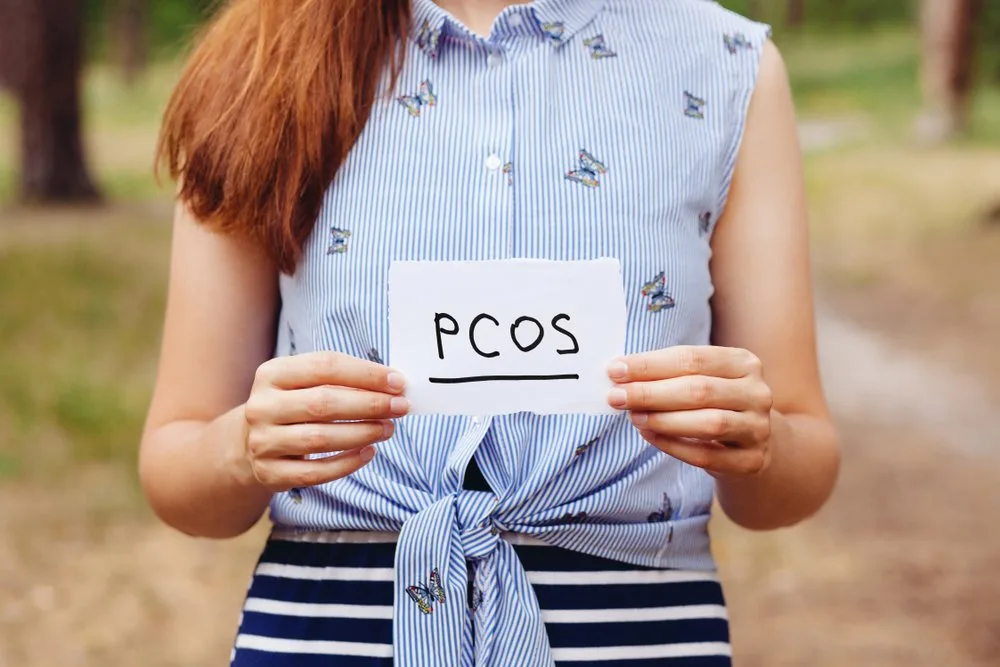The most common form of fertility, PCOS (polycystic ovary syndrome), affects around 5 million women of reproductive age in the United States, and over 115 million women worldwide. The hormonal disorder invokes a wide range of symptoms and side effects that include irregular periods, excess facial hair, scalp hair loss, and acne. Additionally, the disorder also increases the risk of type 2 diabetes, heart disease, hypertension, endometrial cancer, and obesity. While there is currently no cure for the disorder, lifestyle choices can help combat some symptoms. In fact, a PCOS diet may be the most effective way to manage some symptoms.
How does diet affect PCOS symptoms?
According to research published in the Journal of Obesity & Weight Loss Therapy, your dietary choices can help to alleviate the symptoms associated with PCOS. This is because some foods can help to reduce insulin resistance as well as help with regard to weight management.
PCOS and insulin resistance
When it comes to managing your PCOS symptoms, it’s important to try to manage your insulin levels. How so? Well, insulin resistance, which causes your pancreas to overproduce insulin, causes the ovaries to overproduce hormones, which can then exacerbate PCOS symptoms (1). If you need another reason to manage your insulin levels, research from the Medical Archives revealed that over 50% of women with PCOS will go on to develop diabetes or pre-diabetes before the age of 40.
With that said, it’s important to adopt a diet, preferably a low-GI one, that will help stabilize your insulin levels.

Additionally, insulin resistance can also make it easier to gain weight, and much harder to lose it. In fact, plenty of women with PCOS battle to lose weight. It’s no wonder that almost 50% of women with the condition are either overweight or obese (2). That said, effectively managing your weight may serve to alleviate symptoms, at least according to a study published in Endocrine Reviews. The study found that overweight women who experienced even minimal weight loss noticed a change in their irregular periods and ovulation.
Eating a PCOS Diet
Low GI-foods
The glycemic index is used to measure how quickly foods can raise blood sugar levels. This, in turn, causes insulin spikes. The higher the food is on the index, the more it will affect both blood sugar and insulin levels. That said, it would be advisable if your PCOS diet incorporated foods that are low on the glycemic index as these foods take longer to digest and absorb thus they will not cause spikes in blood sugar.
According to research published in the American Journal of Clinical Nutrition, a low-GI and weight loss diet help to improve menstrual regularity in 95% of the women who partook in the study.
Low-GI foods include basmati rice, brown rice, yams, chickpeas, quinoa, barley, and cauliflower.
Healthy fats
If you want to maintain your health, it’s important to consume enough healthy fats. In fact, adding healthy fats to your diet is another way to help better manage those PCOS symptoms.
According to various research, healthy fats (particularly omega 3 acids) have been shown to help balance hormones and improve insulin levels in women with PCOS (3,4).
 Foods rich in healthy fats, particularly omega 3 fatty acids, include avocados, walnuts, salmon, extra virgin olive oil, chia seeds, and pistachios.
Foods rich in healthy fats, particularly omega 3 fatty acids, include avocados, walnuts, salmon, extra virgin olive oil, chia seeds, and pistachios.
High-fiber foods
It should come as no surprise to find out that a lot of high-fiber foods are also considered low-GI foods. This is because they also help to prevent spikes in blood sugar. Therefore, it would be advisable for women with PCOS to include more fiber-rich foods in their meals.
Such foods include whole grains, broccoli, legumes, almonds as well as pumpkins.
What about exercise?
In addition to adjusting your diet, living a more active lifestyle can also help to manage PCOS symptoms.
According to research, in PCOS women, regular exercise helped to reduce insulin resistance and inflammation, and it also helped to improve ovulation (5,6).
Should one avoid any foods on a PCOS Diet?
Refined carbs and processed foods
Refined carbohydrates are found in processed foods that include desserts, pastries, white bread, pizza dough, and white flour. These foods not only make unhealthy weight gain much easier, but they also cause inflammation and can aggravate insulin resistance.



![women [longevity live]](https://longevitylive.com/wp-content/uploads/2020/01/photo-of-women-walking-down-the-street-1116984-100x100.jpg)










